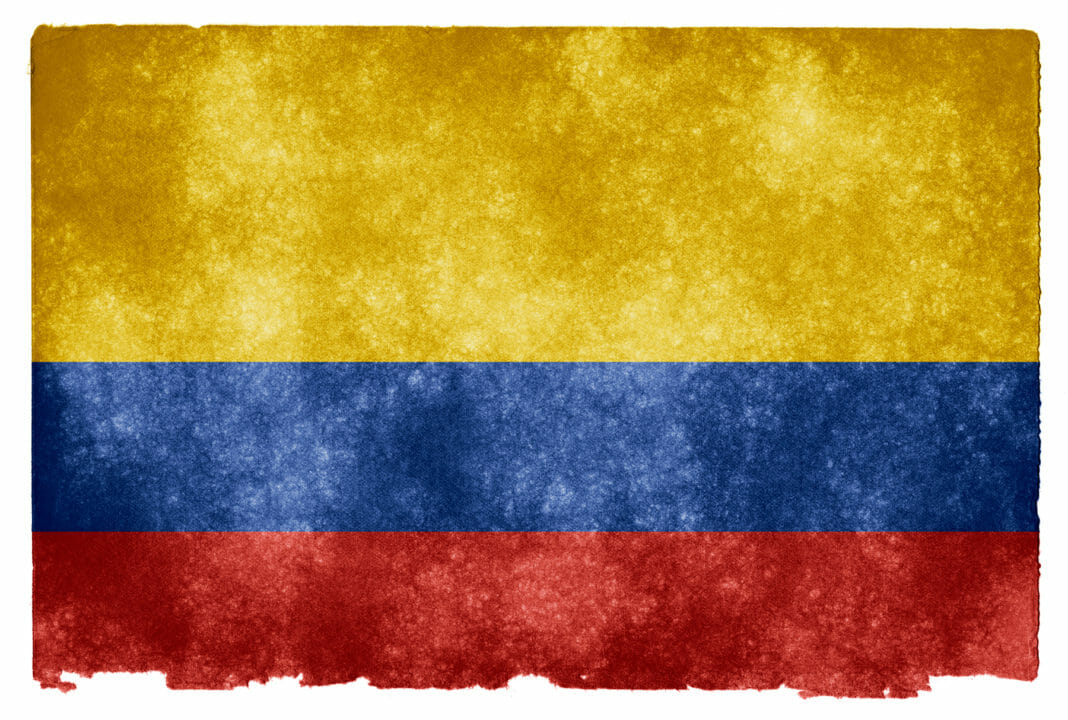This year, the institution will start its pilot project to give its graduates online certificates backed by blockchain
During last year and these first weeks of 2019, blockchain technology has increasingly achieved work fields in everyday life and even in medicine.
This platform does not just register cryptocurrency transactions; it also preserves medical history online, guarantees the quality of a product, and provides support for the educational area of different universities in the world.
This is the year of The National University of Colombia, which will launch a pilot project to provide online registration for the students who approve current courses like “Blockchain with emphasis on developers of smart contracts”, offered by the Continuing Education Program, which uses Ethereum for this purpose.
The prestigious university will upload relevant information to the platform about all those who have approved this course. Additionally, the institution will automatically generate a verifiable certificate through QR codes, in order to guarantee its legitimacy.
With the aim to improve the system’s operation, the university will pay to access a blockchain network to keep the registry of the information. When the course is finished, a representative of the institution will upload the information about the students who approve it. The creators of the system are evaluating the possibility of applying a biometric security key to protect this material.
The university authorities provided more details about their idea. “The interesting thing about this project is that it protects the information of the certificates and allows anyone to consult in a web platform the authenticity of that academic document”, said Mauricio Tovar, Director of the Inti-Colombia research group, which was in charge of evaluating how to apply the special technology.
Blockchain allows verifying the records and protecting the data saved in it. For these reasons, it was attractive for the university authorities. This happens because blockchain lets the rapid check of the certificates on public networks.
Towards the Digitalization
The University of Cagliari and the Ministry of Education of Malaysia are some institutions that resorted to blockchain technology to certify their graduates’ degrees.
The Massachusetts Institute of Technology (MIT) generates blockchain diplomas by means of Blockcerts, an open standard for creating, issuing, viewing, and verifying blockchain-based certificates which were created in 2017, thanks to Learning Machine Company. The University of Nicosia, Princeton University, and the University of California also have this type of technology.
Also in Colombia, the Pontifical Xavierian University plans to use the blockchain technology of Credly, one of the main suppliers worldwide of digital badges, thanks to the contract it signed recently with Acreditta, which would provide this service in the country.
Important companies in the world have similar initiatives. Last week, Ripple announced the incursion of another 10 universities to its project called UBRI, which leads 29 universities associated with the financing program.
Blockchain technology allows saving the certificates in a digital ecosystem. This benefits the students who approve their courses. The platform sends them an email with a link they will be able to share in their LinkedIn profile so that their future employer can verify the validity of the certificate easily and at any time.
“There are studies which show that there are a lot of false academic certificates. Some people talk about 5 and 10% of the certifications in the labor market”, says Tovar. Blockchain would become the mechanism to decrease and successfully reverse these statistics in Colombia and also in other countries.
By María Rodríguez











